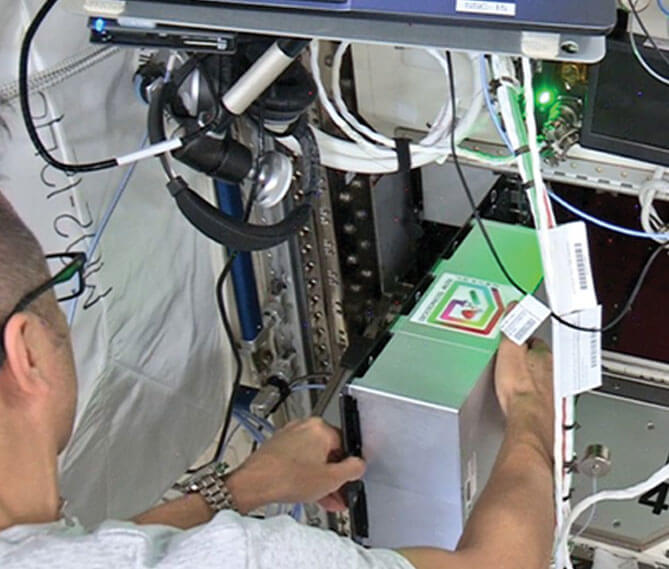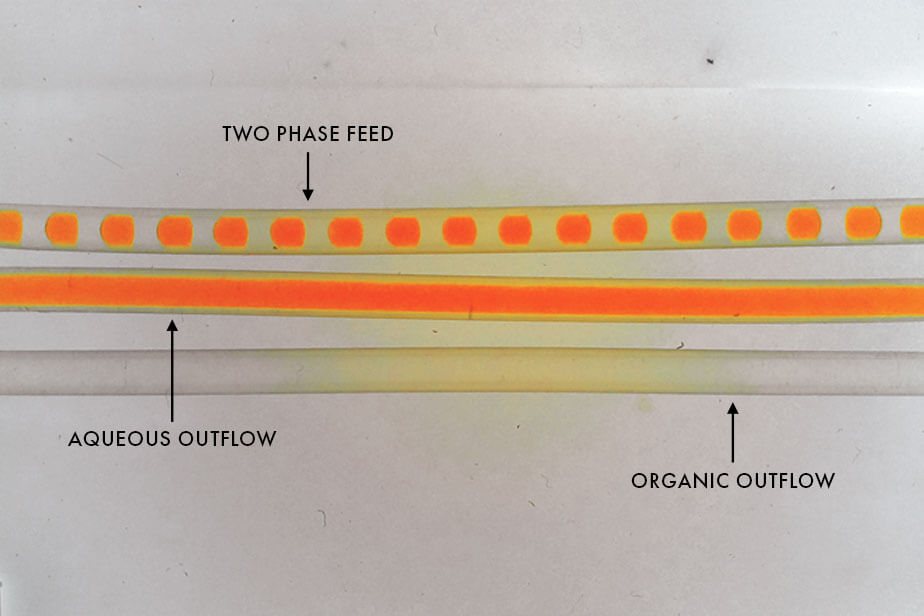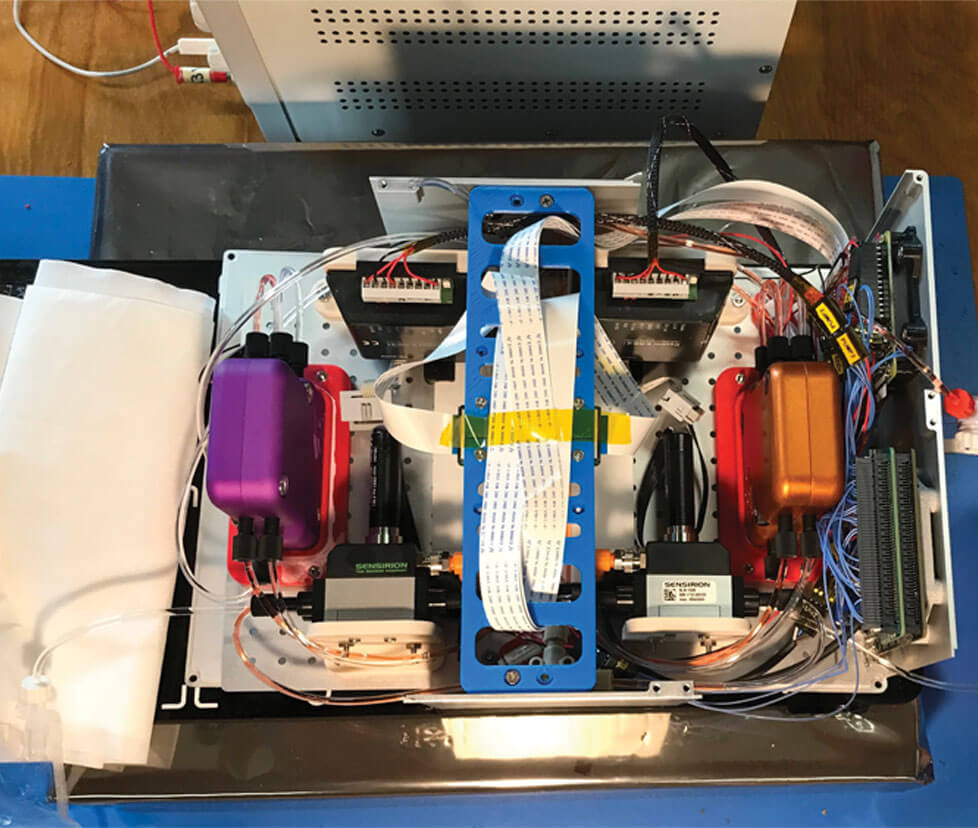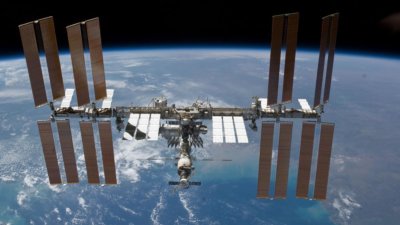Testing Zaiput's Separation Technology on the International Space Station
Zaiput’s separators were launched into space, first in December 2017 on a SpaceX Falcon 9 rocket, and then in May of 2018 in a Cygnus capsule on an Antares Rocket (OA-9). The separators were then installed on the International Space Station as part of a Space Tango cube.




